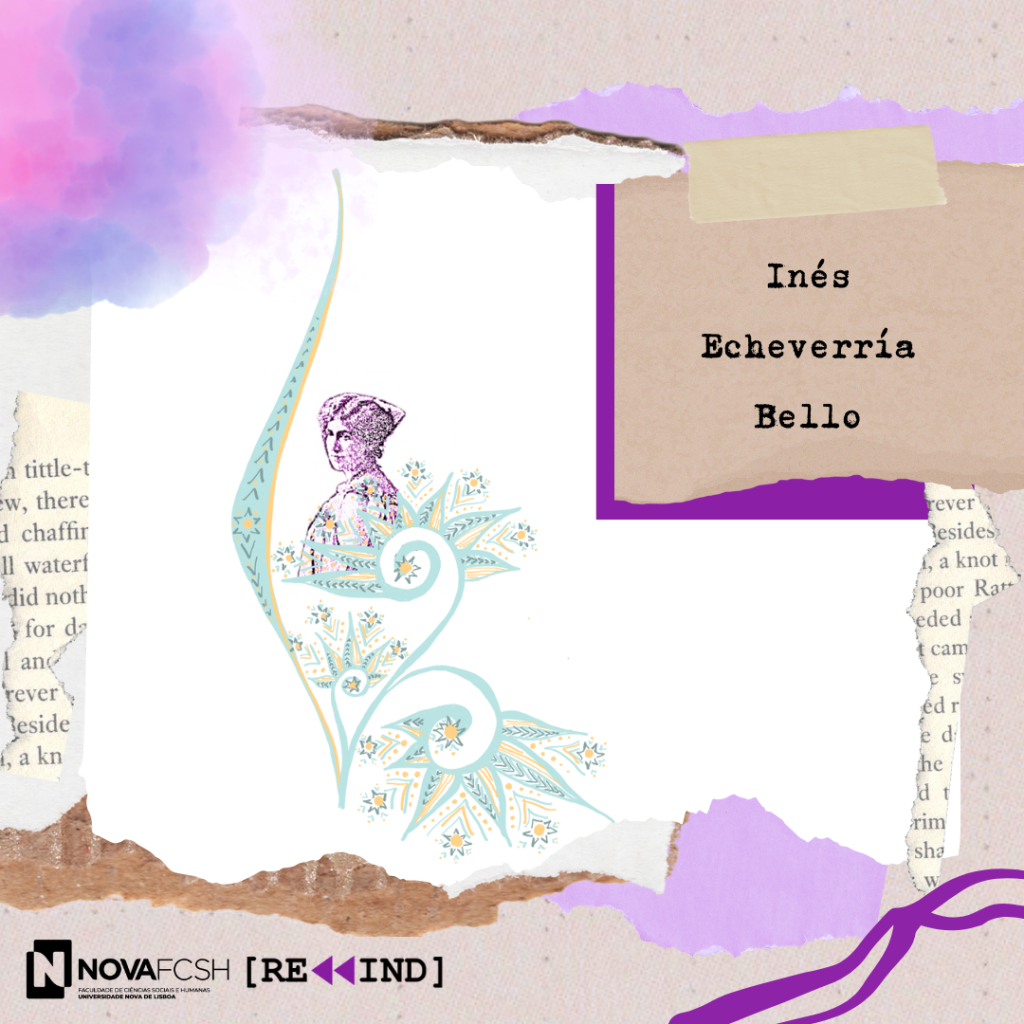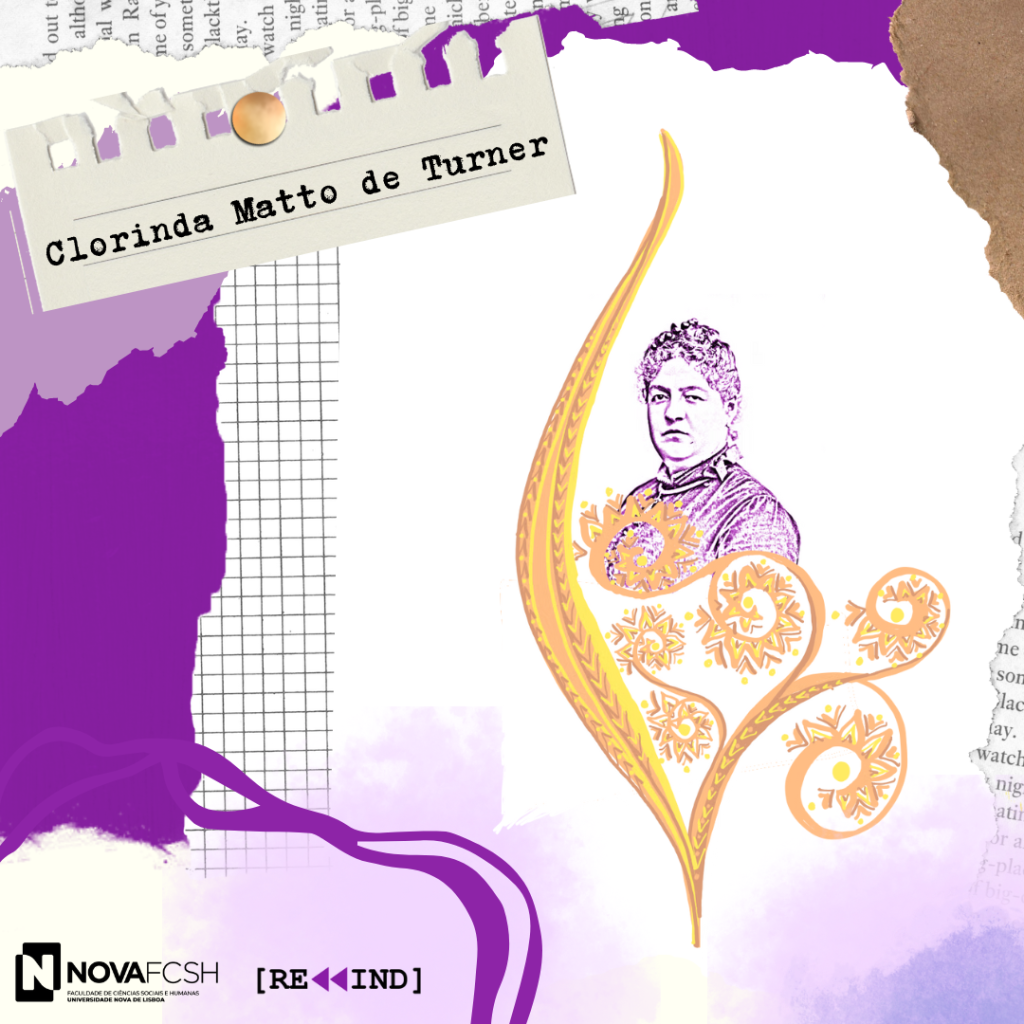Join us in discovering the inspiring protagonists of the REWIND project. Meet five remarkable Latin American women writers who, through their passionate commitment to feminism and sociocultural diversity, shape the historical narratives that connect Latin America and Europe.





